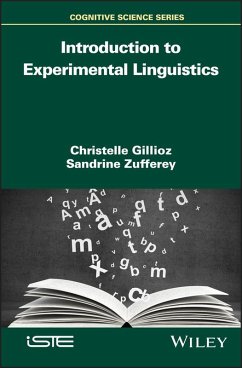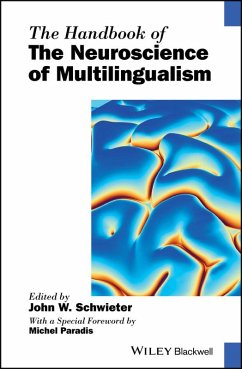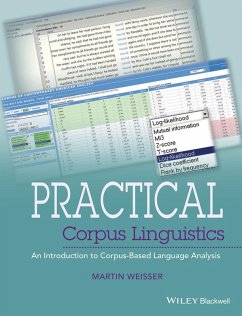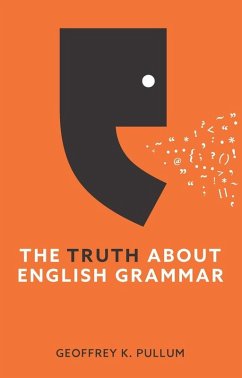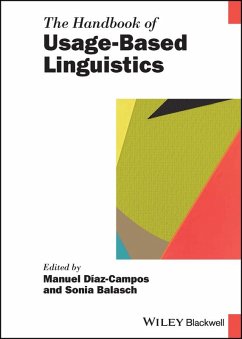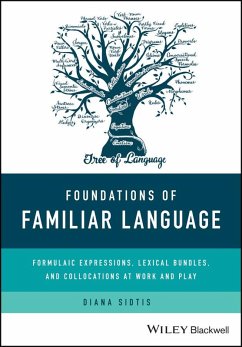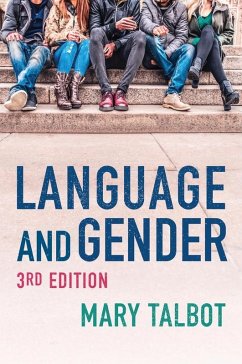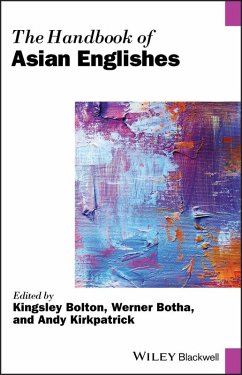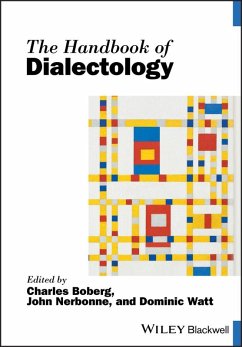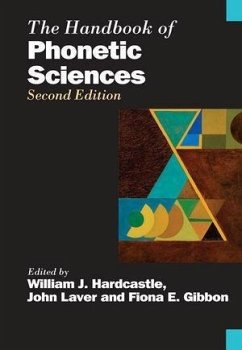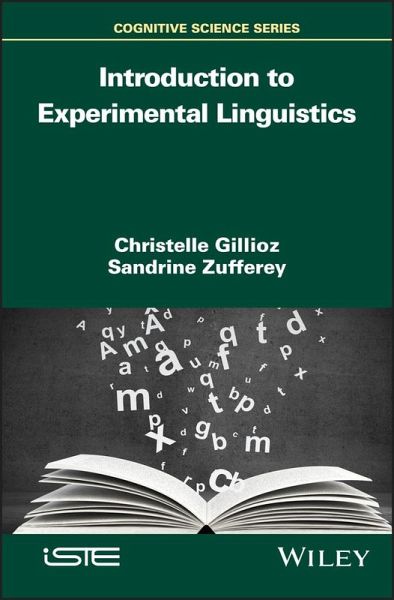
Introduction to Experimental Linguistics (eBook, ePUB)

PAYBACK Punkte
0 °P sammeln!
The use of experimental methodology in the field of linguistics has boomed in recent decades. However, implementation of such methods does require an understanding and mastery of specific theoretical and methodological principles. Introduction to Experimental Linguistics presents the key concepts of experimental linguistics in an accessible way, addressing, in turn: the application of experimentation in linguistics; the techniques most frequently used for the study of language; the methodological and practical aspects useful for the implementation of an experiment; and an introduction to the a...
The use of experimental methodology in the field of linguistics has boomed in recent decades. However, implementation of such methods does require an understanding and mastery of specific theoretical and methodological principles. Introduction to Experimental Linguistics presents the key concepts of experimental linguistics in an accessible way, addressing, in turn: the application of experimentation in linguistics; the techniques most frequently used for the study of language; the methodological and practical aspects useful for the implementation of an experiment; and an introduction to the analysis of quantitative data derived from experiments. This didactic book combines the elements presented with examples drawn from the various fields of linguistics. It also includes a number of resources available for people who wish to implement an experimental study, more advanced reading suggestions, and revision questions along with their answer key.
Dieser Download kann aus rechtlichen Gründen nur mit Rechnungsadresse in D ausgeliefert werden.




